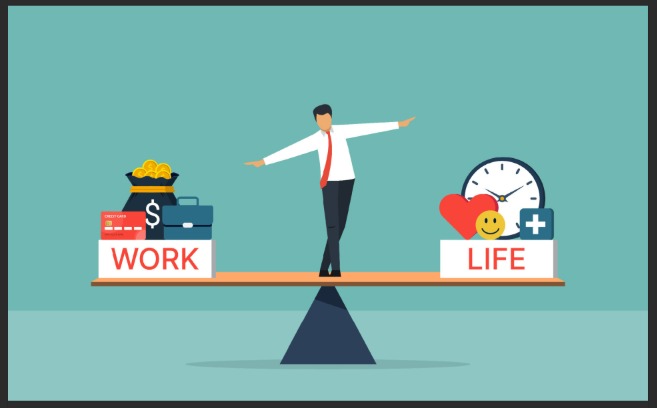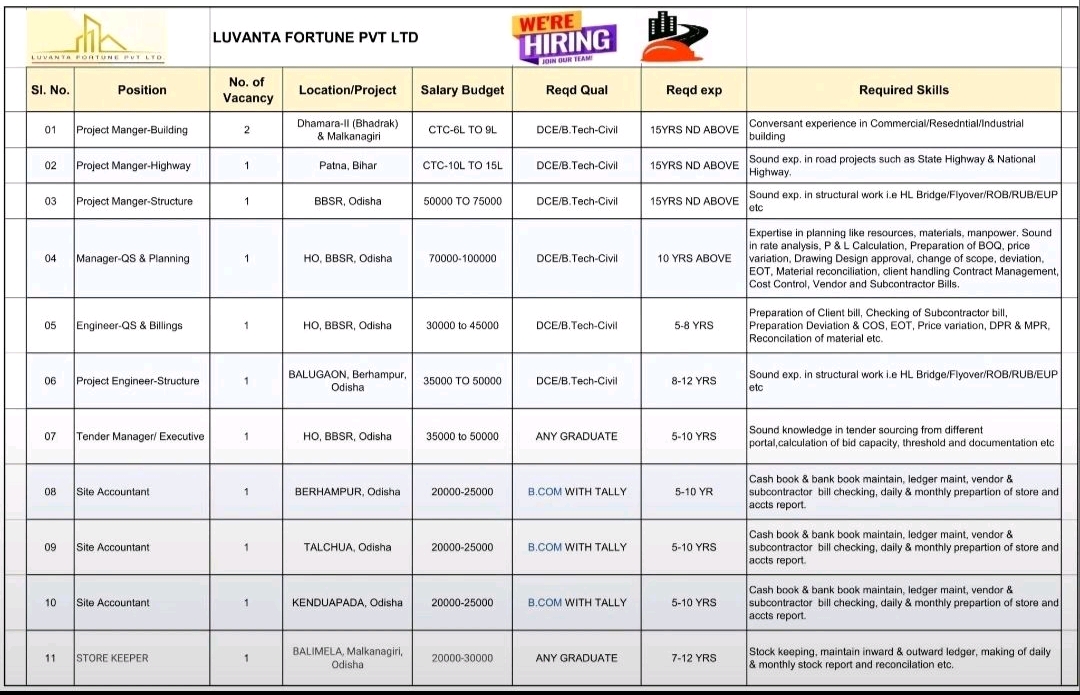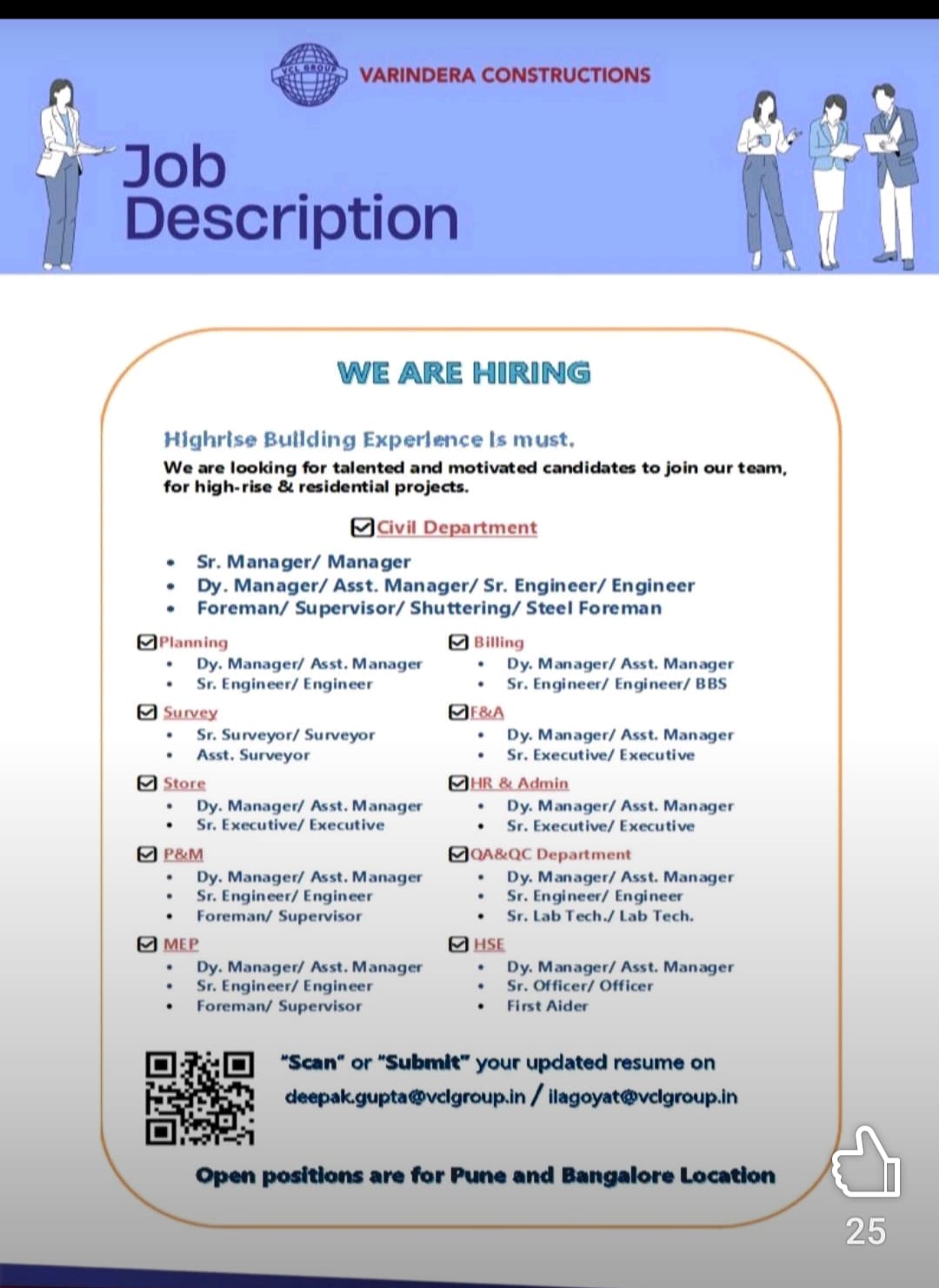Work-Life Balance: A Necessity, Not a Luxury
Introduction
Good morning everyone,
It is an honor to stand before you today to discuss something that affects each one of us, regardless of our roles or industries—Work-Life Balance. In the hustle and grind of modern professional life, many of us find ourselves caught in an endless cycle of deadlines, meetings, emails, and responsibilities. While hard work is commendable, what often goes unnoticed is the toll an imbalanced life takes on mental, physical, and emotional well-being.
Today, I want to emphasize a critical truth—Work-life balance is not a luxury; it is a necessity. It is the foundation upon which sustainable success is built, leading to productivity, motivation, and overall happiness. If neglected, it can result in burnout, dissatisfaction, and reduced performance.
In this speech, we will explore the importance of work-life balance, challenges employees face, strategies to maintain it, and how companies can foster an environment that respects the personal lives of their employees. Let’s delve into why achieving equilibrium between professional and personal life is no longer an option but an absolute necessity.
The Importance of Work-Life Balance
1. Mental and Physical Well-being
Without a proper balance between work and personal life, stress levels rise, leading to anxiety, depression, and various health complications. Overworking can cause problems such as sleep disorders, high blood pressure, weakened immunity, and even heart disease. Employees who constantly feel overwhelmed tend to be less engaged, less innovative, and ultimately, less productive.
According to studies, employees who prioritize work-life balance experience greater job satisfaction and better mental health. They feel more motivated, creative, and ready to tackle challenges with energy and optimism.
2. Productivity and Performance
Contrary to the belief that working longer hours equals more productivity, research shows that overworked employees tend to make more mistakes, experience exhaustion, and struggle with concentration. When individuals strike a balance between work and relaxation, their efficiency improves significantly.
A rested mind is a powerful mind—it allows employees to make better decisions, think strategically, and contribute meaningfully to their organizations.
3. Relationships and Social Life
Work-life balance is not just about professional success—it is also about personal fulfillment. Neglecting family, friendships, and hobbies leads to strained relationships and isolation. Healthy relationships act as support systems that help individuals cope with stress and stay grounded.
No matter how prestigious or rewarding a job is, without meaningful personal interactions, success feels hollow. True happiness comes from a life well-rounded, where both work and personal connections coexist in harmony.
Challenges Employees Face in Achieving Work-Life Balance
Despite understanding the importance of balance, many employees struggle due to multiple factors. Some of the common challenges include:
1. Excessive Work Hours
Many organizations have a culture of long working hours, leaving employees drained. The expectation to be available at all times—whether through emails or late-night assignments—can be mentally exhausting.
2. Technological Overload
While technology enhances efficiency, it also blurs the boundaries between work and personal life. Emails, notifications, and urgent requests on smartphones make it difficult for employees to truly disconnect, leading to work intruding into personal time.
3. Workplace Expectations
Some companies reward employees who work extra hours, creating an environment where overwork becomes the norm. Employees fear that prioritizing personal time will be perceived as a lack of dedication.
4. Difficulty in Saying "No"
Many professionals struggle with setting boundaries and feel obligated to take on excessive workloads. This inability to say "no" results in overcommitment and eventual burnout.
Strategies for Achieving Work-Life Balance
Thankfully, achieving work-life balance is possible with the right strategies. Individuals can take charge of their routines and improve their quality of life.
1. Setting Boundaries
Employees must define clear work hours and communicate them effectively. For example, turning off email notifications after office hours and resisting the urge to check work-related matters during personal time.
2. Prioritization and Time Management
Using techniques like the Eisenhower Matrix, Pomodoro Technique, or time-blocking can help organize tasks more efficiently and prevent unnecessary stress.
3. Taking Regular Breaks
Breaks are not a waste of time—they increase creativity and productivity. Small pauses between work enhance focus and prevent fatigue.
4. Learning to Say No
Professionals must understand that rejecting extra responsibilities when they exceed capacity is not a sign of incompetence—it is a sign of wisdom.
5. Engaging in Activities Outside Work
Whether it’s exercise, hobbies, or socializing, engaging in non-work activities helps employees recharge and prevent burnout.
Role of Companies in Promoting Work-Life Balance
While employees can take initiatives to balance their lives, organizations play a crucial role in creating a supportive work environment.
1. Encouraging Flexible Work Arrangements
Allowing remote work, hybrid schedules, or adjustable working hours helps employees tailor their routines to personal and professional commitments.
2. Reducing Unrealistic Expectations
Managers should ensure that deadlines and workloads are reasonable. Overburdening employees lowers their efficiency rather than enhancing it.
3. Promoting Employee Well-being Programs
Organizations can introduce wellness programs like stress management workshops, mental health support, fitness incentives, and mandatory vacation policies.
4. Leading by Example
Leaders must embody a culture of balance by practicing healthy work habits themselves.
Conclusion
In conclusion, work-life balance is not just a luxury—it is a necessity for professional success, mental well-being, and personal fulfillment. A culture that respects employee time benefits both individuals and organizations, fostering creativity, efficiency, and motivation.
As professionals, we must advocate for a balanced approach to work, setting boundaries, prioritizing our health, and engaging in meaningful interactions beyond our jobs. Companies, too, must recognize that an overworked workforce leads to diminished returns, whereas an engaged and balanced workforce propels long-term success.
It is time to stop glorifying exhaustion and start valuing balance, health, and happiness. After all, a productive life is one that is harmonized, not chaotic.
Thank you.




